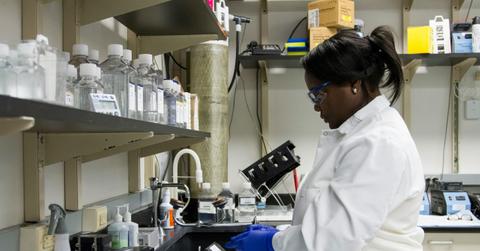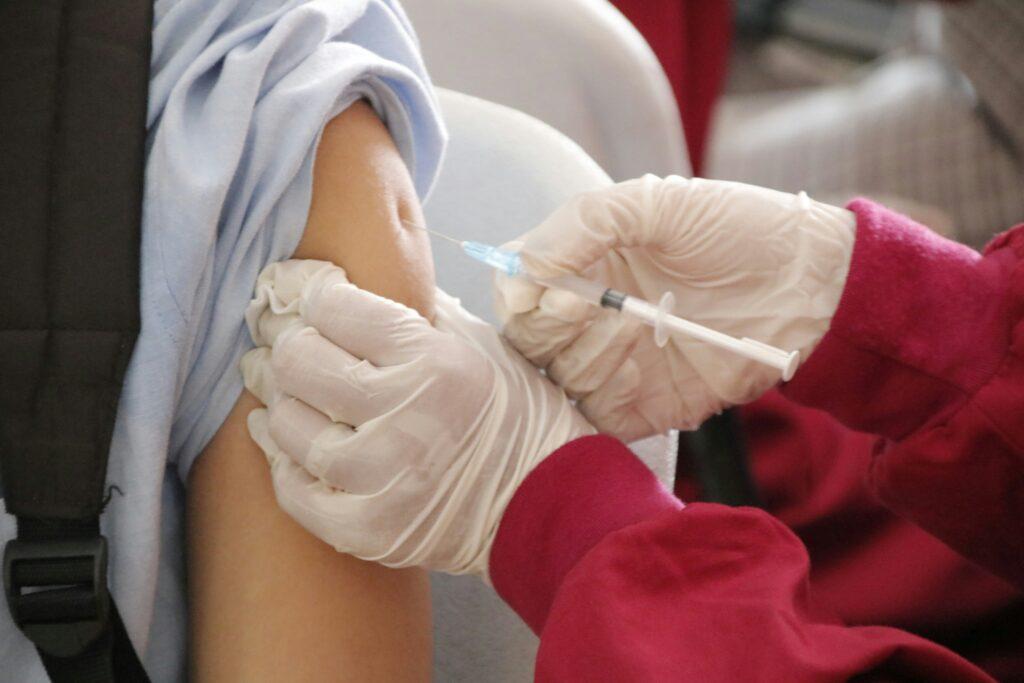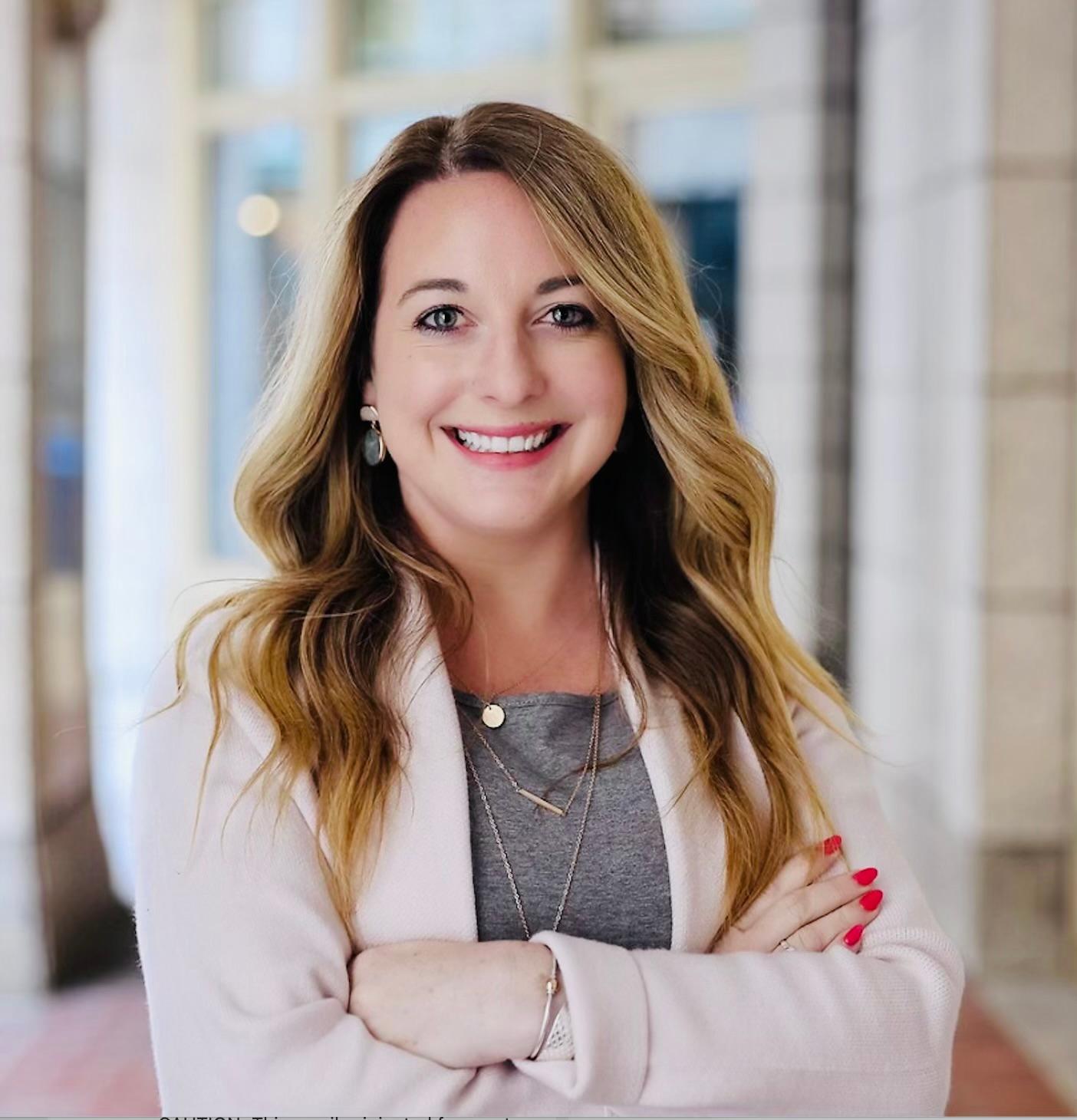FDA Approves Self-Tests For Cervical Cancer

Photo by National Cancer Institute on Unsplash
The Food and Drug Administration announced approval for a new way of screening for cervical cancer: a self-screen with a swab at a doctor’s office that will test for human papillomavirus (HPV), which causes 95% of cervical cancers if left untreated.
Each year, more than 13,000 patients in the United State are diagnosed with cervical cancer, a preventable disease caused by HPV infection, and approximately 4,000 die from cervical cancer, according to the U.S. Centers for Disease Control and Prevention.
“With vaccinations, innovative diagnostic tools and screening programs, achieving the WHO’s goal of eliminating cervical cancer by 2030 is within reach,” said Matt Sause, CEO of Roche Diagnostics in the release. “Our HPV self-collection solution helps support this goal by reducing barriers and providing access to HPV screening by allowing people to privately collect their own sample for HPV testing.”
The CDC recommended getting vaccinated against the most common form of HPV starting in 2006. Today, the CDC recommends all children get the vaccine starting at age 11.
How It Works
The new screening method will allow patients to avoid invasive pelvic exams, which can often be painful. The self-collection solution, designed by Roche Diagnostics, will allow patients to collect their own vaginal sample in a doctor’s office that will then be sent to a laboratory for analysis, according to the news release.
Patients who received a positive result will continue care and discuss treatments with their healthcare provider.
The Importance Of Screenings
According to the National Cancer Institute, more than half of patients diagnosed with cervical cancer in the United States have never been screen and do not participate in routine screening. Barriers to regular screening include access to healthcare, social and economic challenges, history of traumatic experience and cultural concerns.
Cervical cancer is the fourth most common cancer in women around the world, according to the World Health Organization (WHO). According to WHO, the highest rates of cervical cancer incidence and mortality are in low- and middle-income countries, which reflects major inequities due to lack of access to vaccinations, screenings and treatments.
How To Ease Medical Anxiety
Staying on top of your health with regular screenings can help relieve anxiety and provide you with information about your risk factors, but the process can be anxiety inducing. If you’re going through medical screenings or treatments, here are some ways to ease your anxiety: avoid using Google to search your symptoms, because you will likely only get more anxious as the internet shows you worst-case situations; connect with someone who has been through a similar experience to gain support; and try your hand at meditating to calm your mind.
Other essential checkups you should be getting
Frequent health exams and tests can help you catch cancers or other health issues early enough to treat them, so here are 7 essential checkups you should be getting: blood sugar tests, height and weight tracking, blood cholesterol test, blood pressure checks, breast cancer screening, and dental exams.








